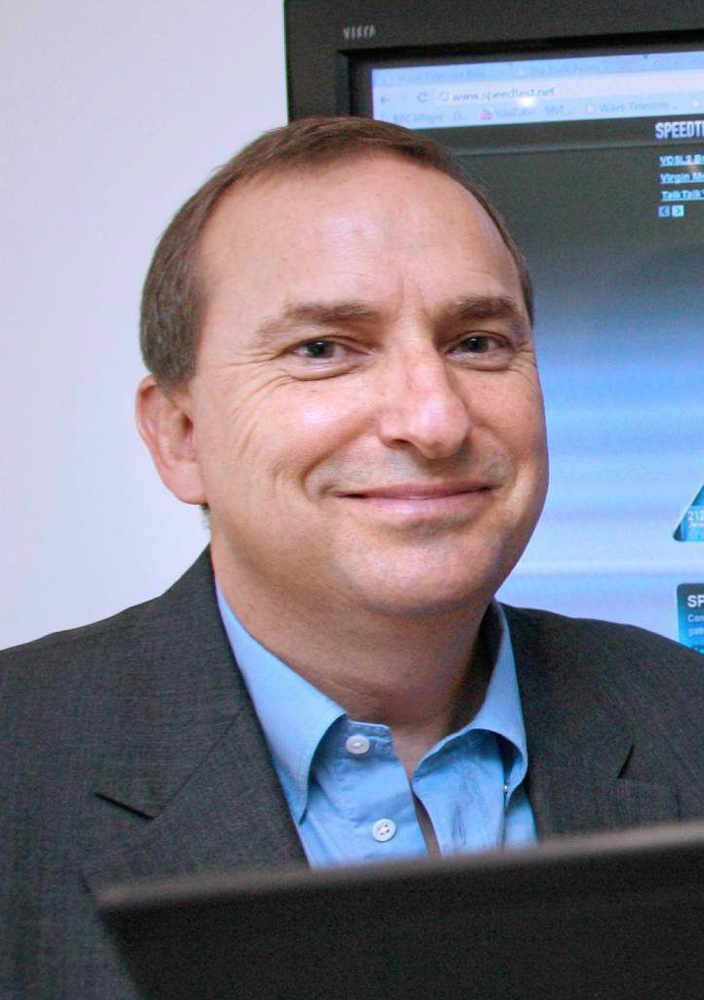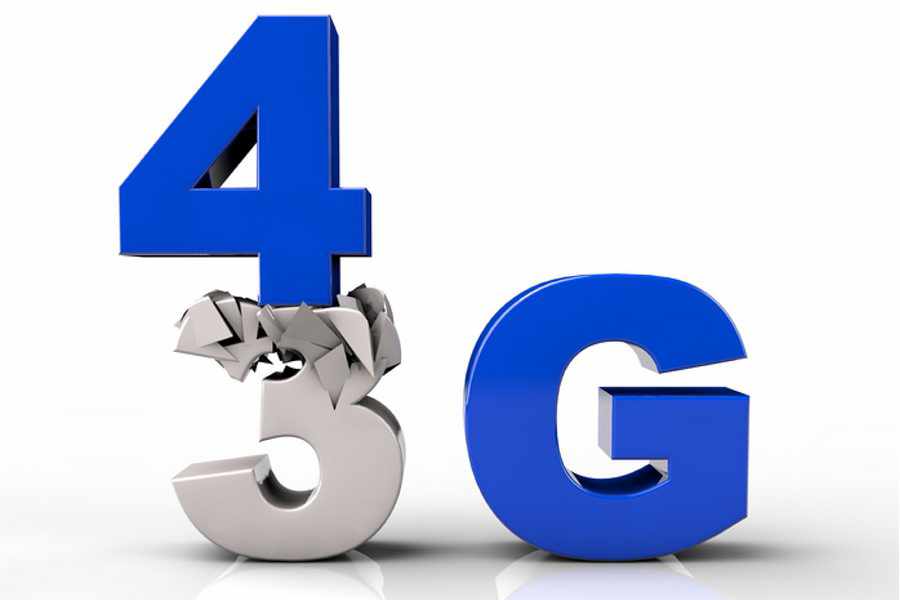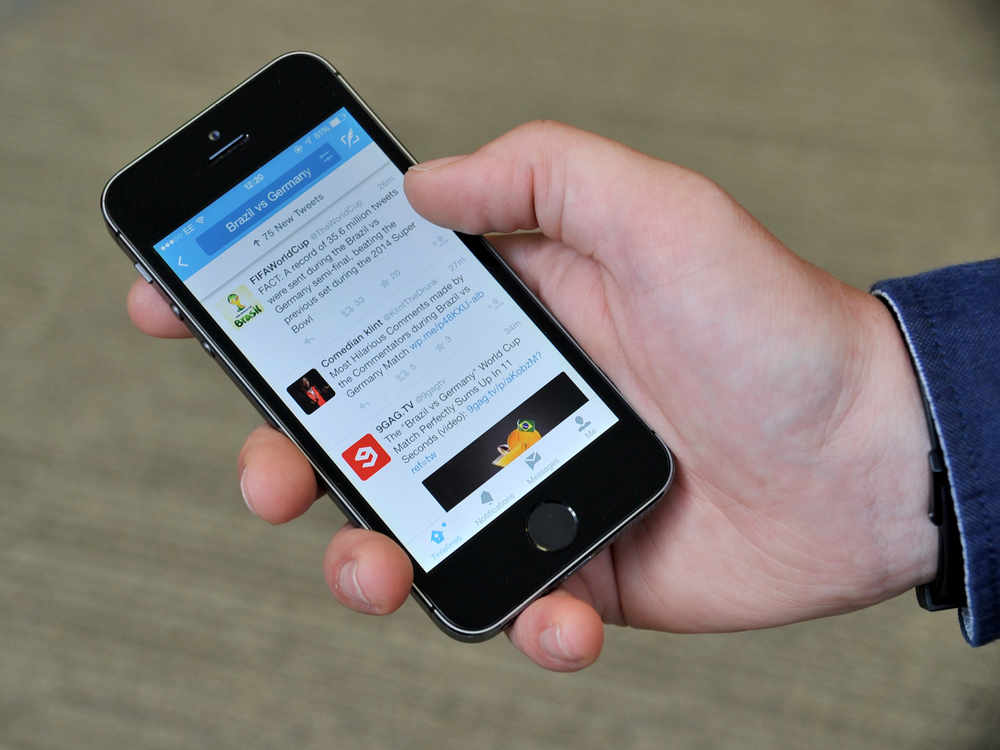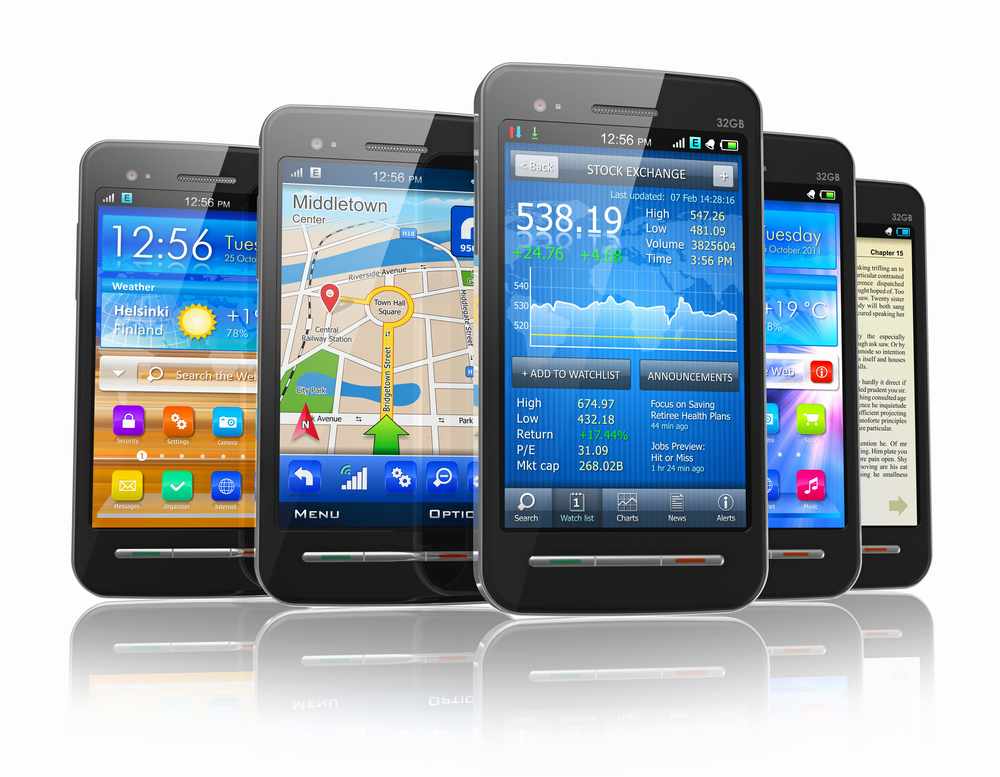The telecoms firm previously said that the £40 million Gigabit project would be completed by the end of 2016. However, it has now told some Islanders that they may not be connected until 2019.

Dave Newbold, chief operations and technology officer at JT, said that the timescale for completing the project had to be revised due to ‘experience’ that the company had gained while carrying out the initial phases of the job.
Mr Newbold added that around 15,000 connections had been completed so far, equating to around 45 per cent of the total number of installations to be carried out.
He said: ‘JT has now completed two of the three phases of this major civil engineering project – building the IT systems controlling the network and laying more than 1000Km of new fibre-optic cabling within reach of all broadband customers.
‘We have pushed back the likely final completion in the light of actual experience – with a complex engineering program like this, you can never be absolutely 100% certain what you will find until you actually begin to do it.
‘But, we are now nearly halfway through connecting customers to the high-speed fibre cables. To put that into context, Jersey is already the most connected place in Europe in terms of the percentage of broadband customers connected to fibre cabling, and around third place in the world.
‘JT is now simply focussed on completing the remaining connections as quickly as we can.’

What is 4G?
4G is the fourth generation of mobile phone technology and follows on from 2G and 3G.
What can I expect from 4G?
4G services should make it much quicker to surf the web on your mobile, tablets and laptops.
For the typical user, download speeds will be at least twice as fast as the speed currently available on the existing 3G network.
Will the 3G data network change?
Yes for the better.
Currently we only have high speed 3G capable sites in Urban areas, such as in Town, however, as we install the new network, every site across the islands will have a high speed data capability.
In addition, the current 3G spectrum doesn’t travel very far due to the frequency it is transmitted on, but the new 3G sites will operate on a lower frequency, so it will travel further.

What are the benefits of the new network?
JT are installing a new Long Term Evolution (LTE) Advanced network, which is the latest version of LTE, also known as 4G.
Our new network is expandable and can be regularly upgraded to ensure we can take advantage of any new advancement in mobile technology, such as 5G as and when it becomes available.
Will 2G and 3G still work while you 4G is being installed?
During the installation you may experience a brief interruption when the equipment on individual masts changed.
Will I still need fixed broadband?
Yes, as the two services are designed to compliment one another.
For example, fixed broadband is more suitable for indoor use and larger devices such as Smart TV’s and games consoles.
Mobile data is designed for use on the move by smaller devices such as Smartphones and tablets.
For devices that are capable of picking up both 4G and Wi-Fi, your connection should be seamless wherever you are in the Island.
Will I be charged more for using the 4G network?
Unlike some UK operators who have charged a premium for the 4G service, we don’t have any plans to follow this trend.
How will this affect my service?
The new 4G network will be 100% faster than the quickest data speeds that are currently available.
Will I need a new handset?
If you would like to fully utilise the new 4G service, then you will need a 4G capable handset.







